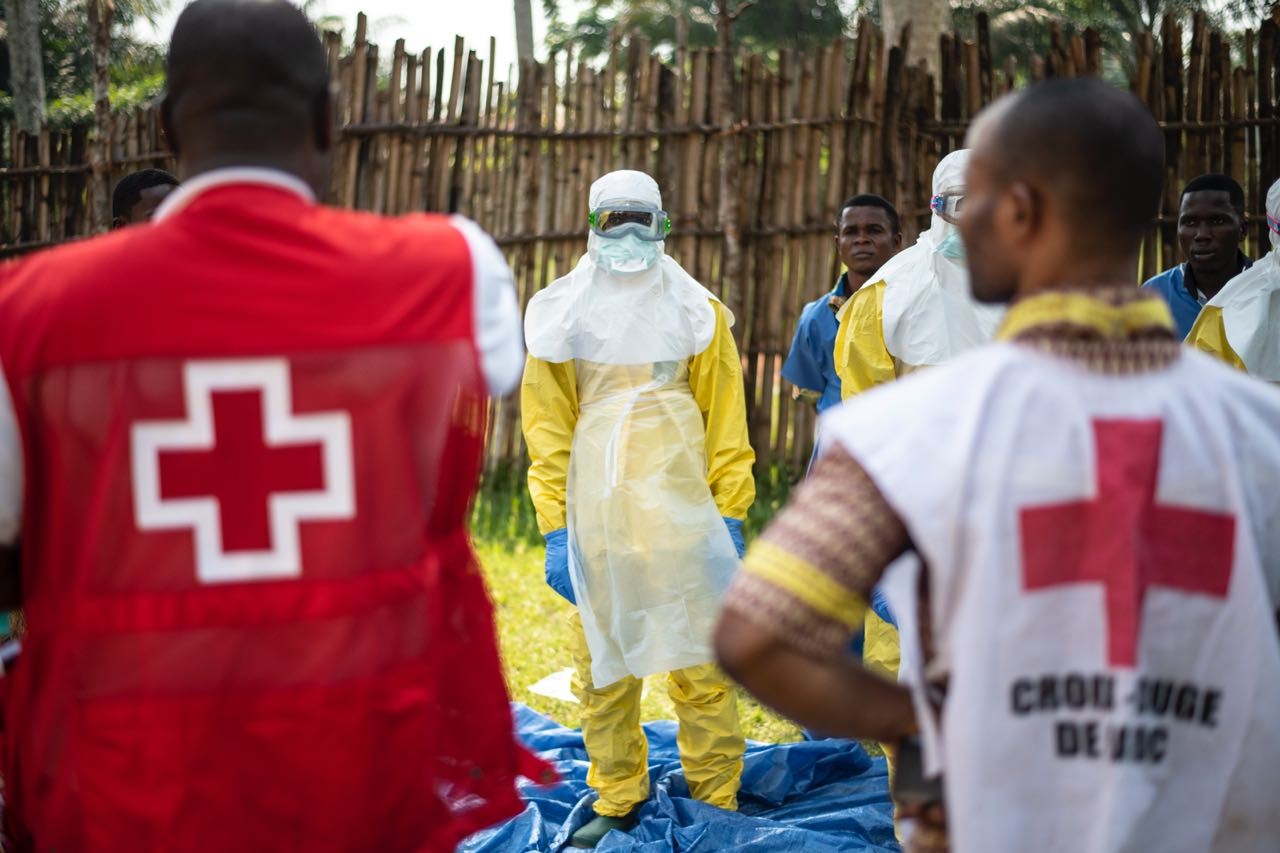
Kinshasa/Nairobi: An outbreak of the deadly Ebola virus in the Democratic Republic of Congo has killed more than 1,000 people, according to the International Federation for Red Cross Societies and Red Crescent Societies (IFRC) and local authorities.
The IFRC stated that major security challenges and lack of community acceptance of the response continue to hamper efforts to end the outbreak.
Over the weekend, the country's Ministry of Health put the death toll of those killed in the current outbreak at 1,002.
Worryingly, many of these deaths are occurring within communities, which means that people are not seeking care and treatment in health centres. This is accelerating the spread of Ebola within communities,the IFRC said.
Nicole Fassina, Ebola Virus Disease Coordinator with the International Federation of Red Cross and Red Crescent Societies (IFRC) said, “We are at a critical juncture where we need to step up our support to communities that are facing greater risk of infection, yet Ebola responders face massive security challenges and a lack of resources for the response. An under-resourced operation creates a very real risk of an international spread of Ebola.”
Ebola response activities are costly. Safe and dignified burials are crucial to containing the outbreak. But they are also expensive–costing up to 500,000 Swiss francs a month– as they require specialised equipment which is often not reusable and must be disposed of after each single burial.
Despite security challenges, Red Cross volunteers continue to carry out safe and dignified burials where possible. Volunteers and other burial teams have responded to more than 5,000 safe and dignified burial requests across North Kivu and Ituri provinces. They have been successful nearly 80 per cent of the time.
“Building community trust takes time and resources, but we have seen the investment pay off when it comes to acceptance of Red Cross safe and dignified burial teams. Since October 2018 the number of safe and dignified burials requested from communities has tripled, and this kind of work needs to continue if we are going to beat this disease,” said Nicole Fassina.
The IFRC launched an emergency appeal to support 15.5 million people to undertake preparedness and prevention work to stop the spread of the disease but has only received just under half the funding required.
IFRC is also supporting localised efforts to keep the outbreak from spreading to Burundi, Rwanda, South Sudan and Uganda.